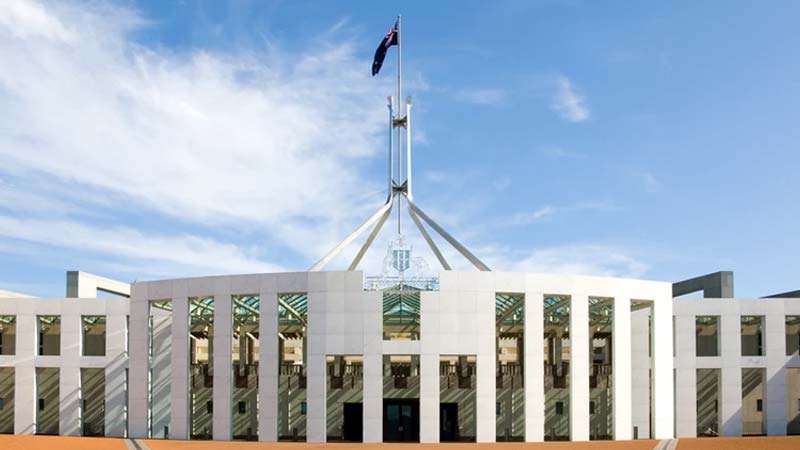Whether it be a Coronavirus, another GFC or a terrible act of terrorism, uncertain times can turn share markets into free fall. This creates more panic and media hype leading to further decline. In these times of uncertainty, having a financial plan and the confidence to know what to do can provide the average punter some peace of mind. Even if that means doing nothing.
These five tips are designed to be some simple but general things to consider when the markets go into a tailspin. However, you should always seek financial advice specific to your own circumstances before making any financial decision.
1. Keep saving
If you are currently saving for a property or another life goal, keep saving. With interest rates being at record lows it may seem like saving is harder and it may be more attractive to borrow. While you may not earn as much from your savings, if things go from bad to worse, having cash on hand is the safest position you can be in.
2. Don’t sell falling stocks on price alone
If you have investments in the share market, it may look tempting to sell as things are falling. Selling something based only on this information though is foolhardy. Unless you have investment experience and access to reliable research, an overall investment strategy is a better approach. An investment strategy can be aligned to your own individual risk profile and managed and adjusted as your appetite for risk changes.
3. Don’t stop investing into superannuation
Many PAYG employees won’t have a choice, but you should continue to contribute to superannuation. While super balances may mirror the falling share market, superannuation is a long-term, tax-effective investment and is your best chance of supporting yourself in your later years. The earlier you get money into super the more it will grow for when you eventually cash out in retirement.
4. Don’t spend beyond your means
Even if interest rates seem super low this doesn’t mean to go too heavy into debt. You should build in some contingency should rates go back up you will still be able to afford the minimum repayments. Instead use the low rates as an opportunity to pay off your debts quicker.
5. Consider appropriate insurance
The one asset people often fail to protect is their ability to earn an income. If you are unable to work due to illness and not eligible for sick pay, as many casual and contract workers are, then income protection insurance will cover up to 75% of your salary for a temporary period while you are sick.
The best protection from violent swings in the markets is to have a robust and personalised plan in place. A financial plan will build in safeguards and strategies to cope with both small and large fluctuations in the markets, even those that don’t make the nightly news cycle. It will give you peace of mind in times of uncertainty and you always have your own point of contact to get advice if things in the market and your own life change.
Saige Financial Planning provides Financial Planning services on the Central Coast. Our team can be trusted to provide advice built around your lifelong goals. We can prepare a plan based on your financial needs and work with you to build wealth and build financial independence. Talk to us in times of financial uncertainty.




